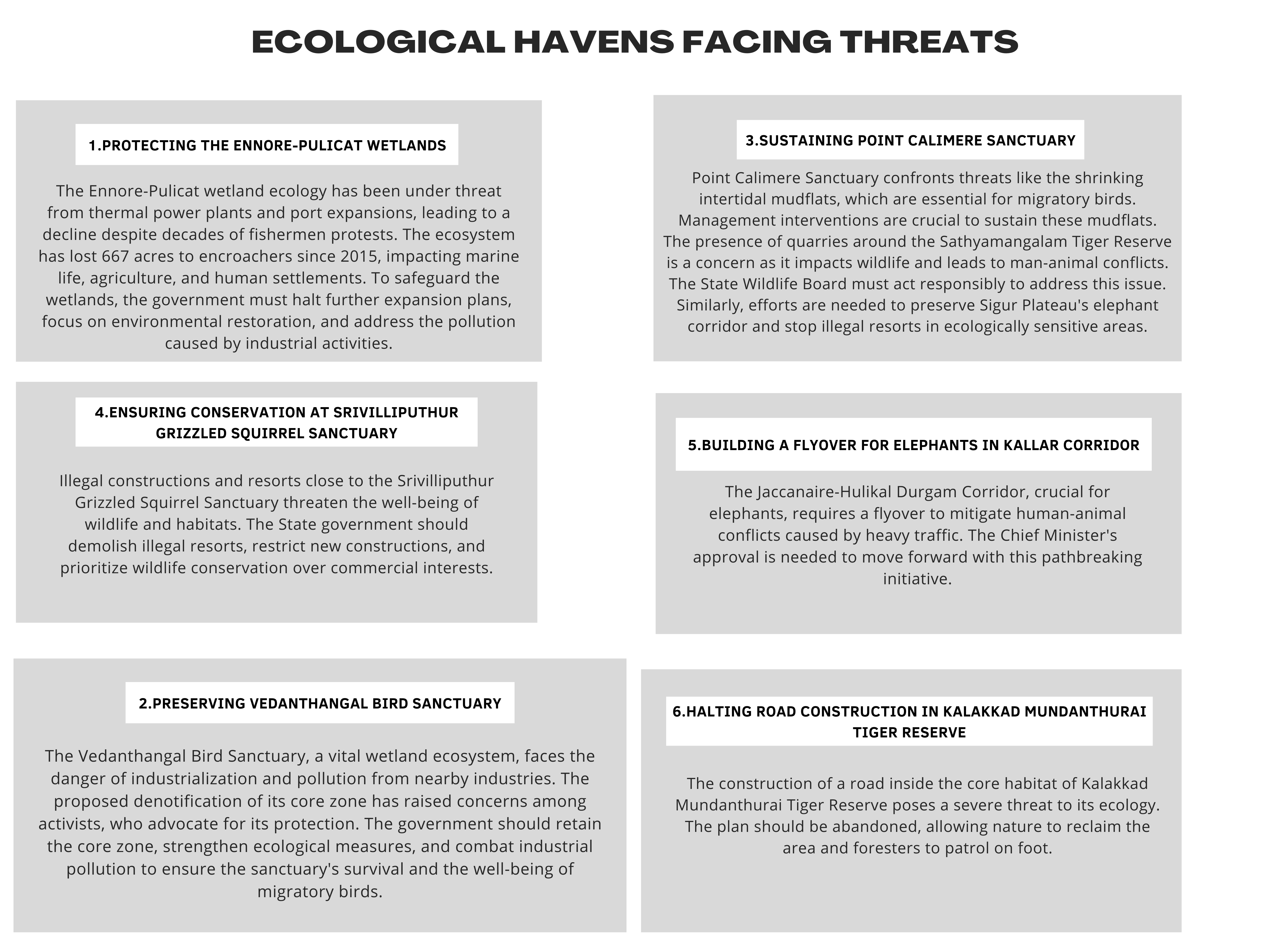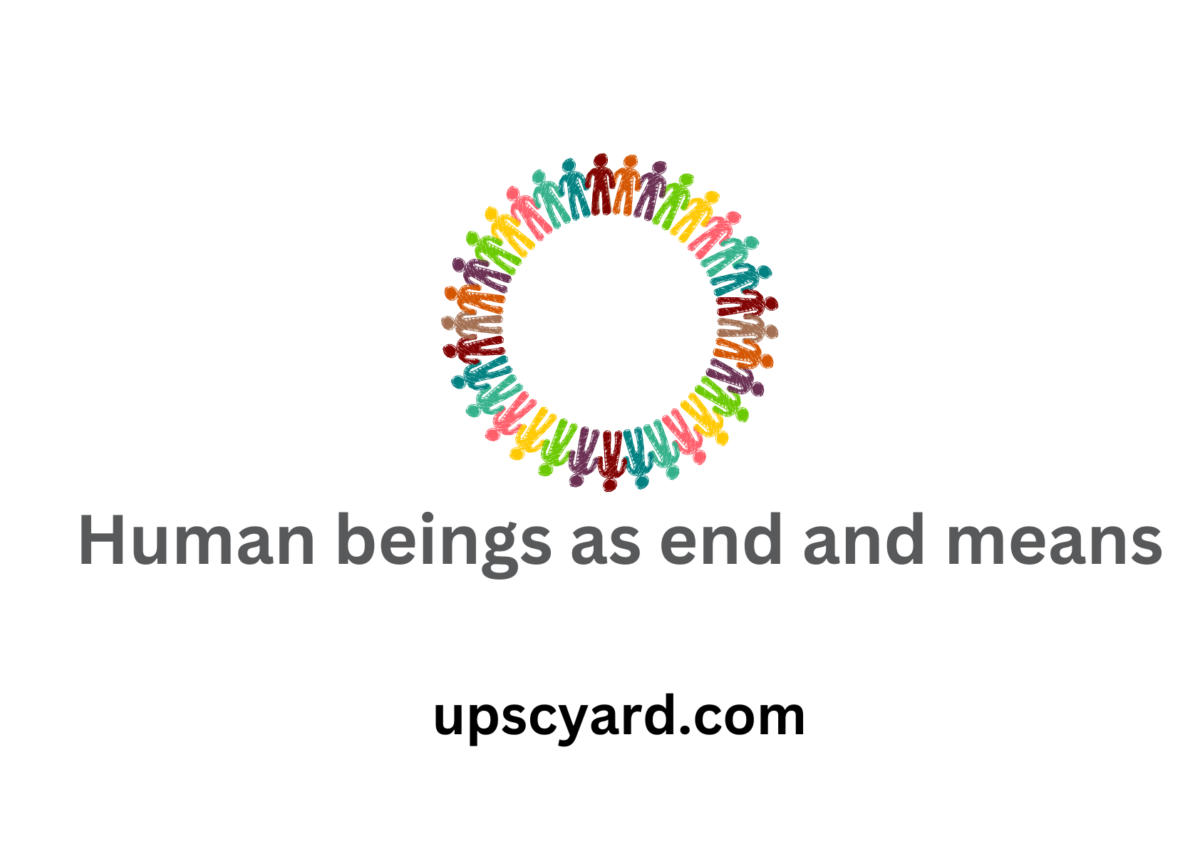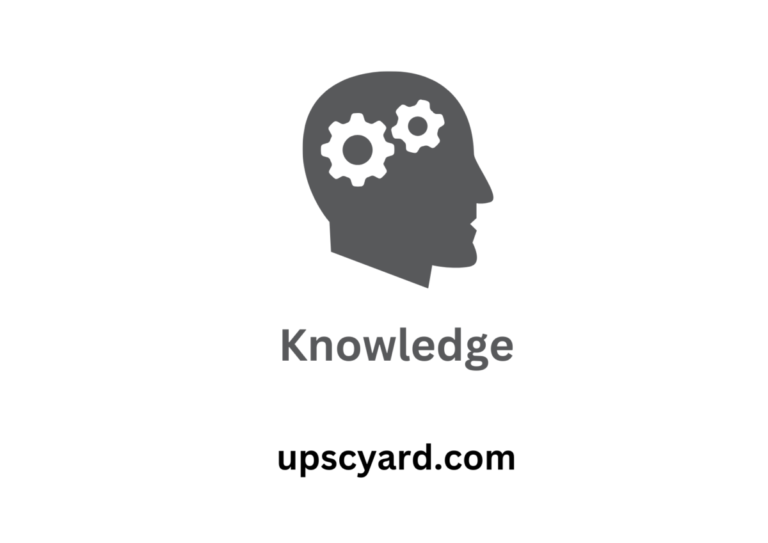Human beings as end and means
Immanuel Kant emphasized that rational human beings should be treated as ends in themselves, not merely as a means to an end. Their intrinsic value is independent of external factors like personal enjoyment or usefulness to others.
In modern society, a prevalent behavior is the belief that the ends can justify the means. This implies that individuals justify their actions, regardless of the methods used to achieve their desired outcomes. For example, during my teaching experience, some students rationalized lying on their resumes, thinking it could improve their chances of getting a job.
This concept opposes using people or oneself as a means to achieve personal goals, as it is ethically unacceptable. It calls for recognizing and respecting the inherent worth of individuals, including ourselves.
This perspective has implications for topics such as euthanasia, suicide, and self-destructive behavior, as it argues against treating oneself merely as a tool for personal ends.
The notion of treating beings as ends in themselves also extends to discussions about animal rights, suggesting that if animals have rights, they too should be treated as ends in themselves.
- In society, it is common for many individuals to believe that the ends justify the means, which means they justify their actions regardless of how they achieve their desired outcomes.
- For example, we see students lying on their resumes to secure a job and politicians justifying lies for political gains.
- The 2008-2009 financial recession was a result of investment bankers pursuing their goal of making profits by trading subprime mortgages without considering the consequences.
- The notion that the ends justify the means can be traced back to Niccolo Machiavelli, who emphasized the significance of appearances and advocated acting contrary to them if necessary.
- While achieving the desired end result may be important, it is equally crucial to consider the means used to achieve it, as they define one’s character and motivations.
Empathise not just with other human beings, but also with the ecology






